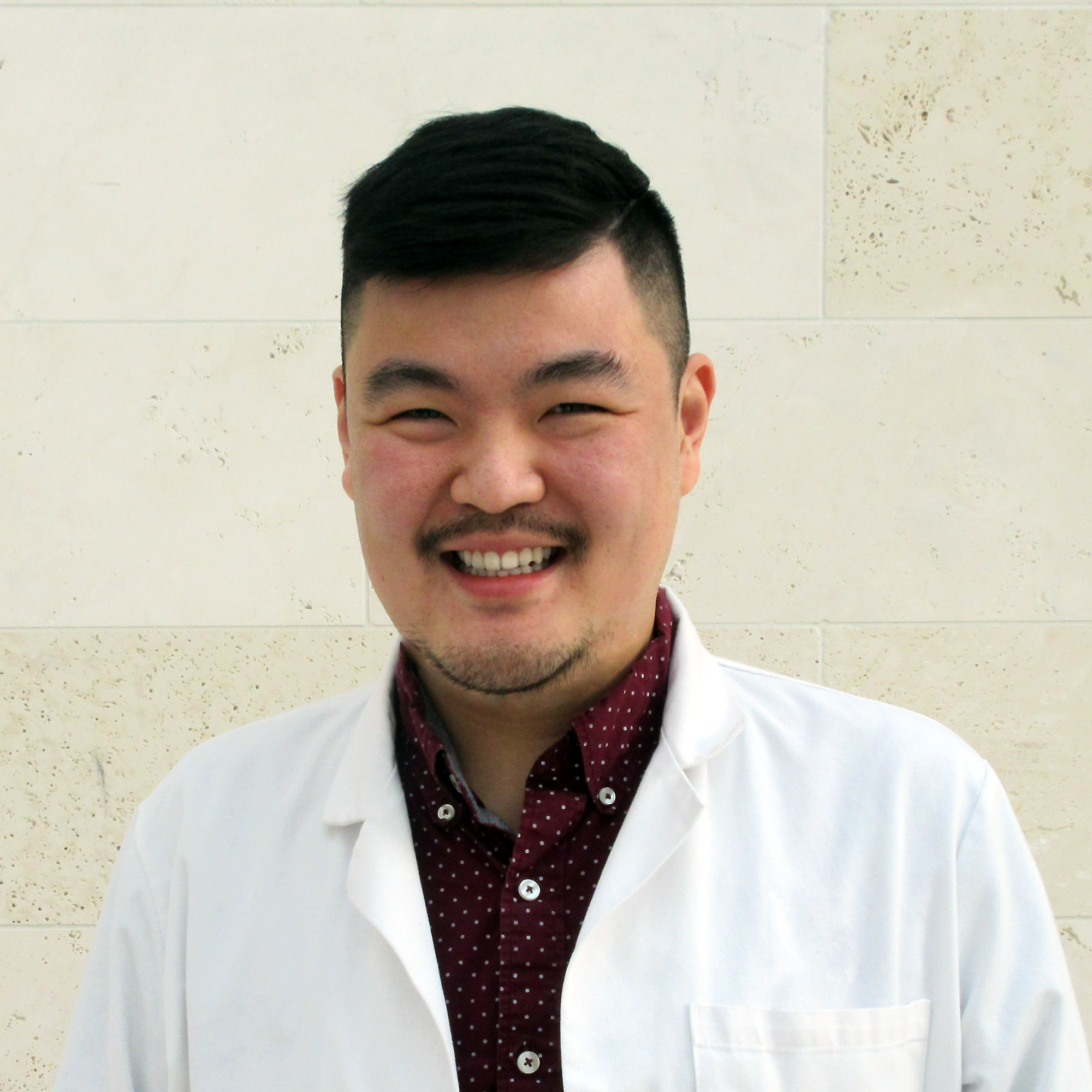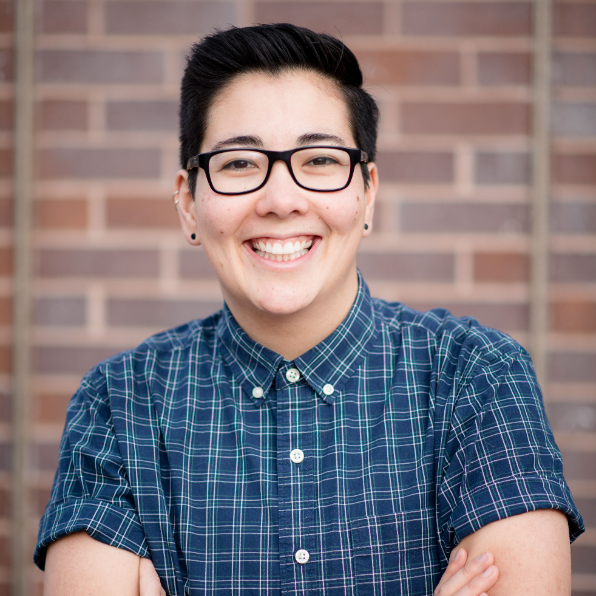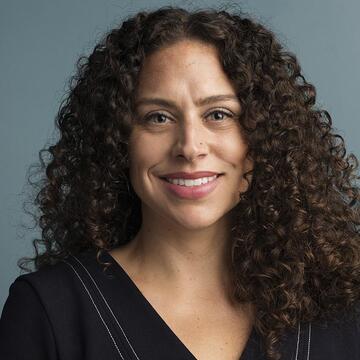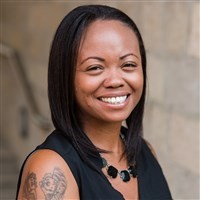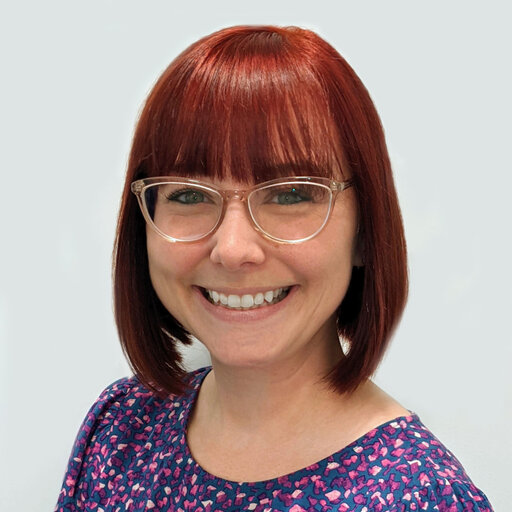ECP Committee Members
Tiffany R. Williams, Ph.D., [she, her, hers] (Member, Cohort 2020-2023) is a Licensed Psychologist and Assistant Professor in the Psychology Department of Tennessee State University. She earned her PhD in Urban Education: Counseling Psychology at Cleveland State University. She completed her internship at the University of Missouri Counseling Center in Columbia, Missouri and her postdoctoral training at The Ohio State University in Columbus, Ohio. Her research includes investigating topics that fall within four pillars of interest: training, supervision, wellness, and vocational psychology, especially for diverse and marginalized populations (i.e., Black/African Americans, Women of Color, etc.), and the ways these areas are informed by systemic oppression, racism, discrimination, and other social injustices. 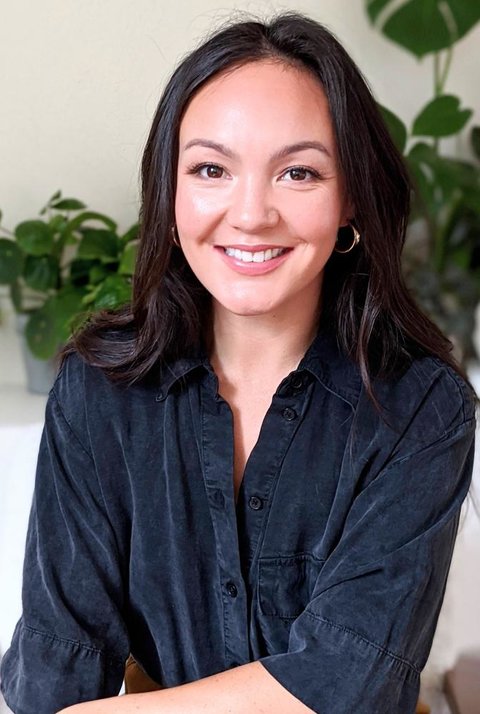 Marissa Floro, Ph.D., [she, her, hers] (Member, Cohort 2020-2023) is a program manager, licensed psychologist, and instructor at Stanford University's Weiland Health Initiative which serves students all along the gender and sexuality spectra. Marissa is also an adjunct faculty member at the University of San Francisco. Marissa completed her MA in Counseling Psychology from Boston College and her PhD from Loyola University Chicago. Marissa completed her pre-doctoral internship at UC Santa Barbara's CAPS and then her postdoctoral fellowship at Stanford's CAPS. Marissa strives to center social justice, intersectionality, and liberation in her clinical, advocacy, and teaching and hopes to contribute to initiatives that help other ECPs do the same. Marissa Floro, Ph.D., [she, her, hers] (Member, Cohort 2020-2023) is a program manager, licensed psychologist, and instructor at Stanford University's Weiland Health Initiative which serves students all along the gender and sexuality spectra. Marissa is also an adjunct faculty member at the University of San Francisco. Marissa completed her MA in Counseling Psychology from Boston College and her PhD from Loyola University Chicago. Marissa completed her pre-doctoral internship at UC Santa Barbara's CAPS and then her postdoctoral fellowship at Stanford's CAPS. Marissa strives to center social justice, intersectionality, and liberation in her clinical, advocacy, and teaching and hopes to contribute to initiatives that help other ECPs do the same.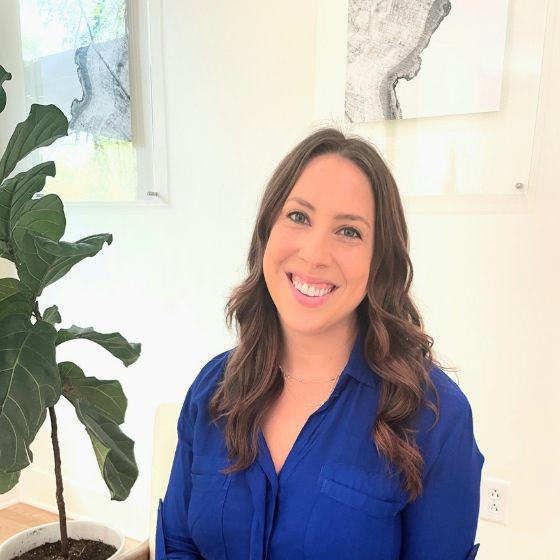 Brooke Rappaport, Ph.D., [she, her, hers] (Member, Cohort 2021-2024) is an Assistant Professor at Tennessee State University in the department of Psychological Sciences and Counseling and a licensed psychologist in Tennessee. Brooke earned her PhD in counseling psychology from the University of Georgia in 2019. Brooke’s research interests revolve around intersectional feminism, ally/accomplice/co-conspirator development, and relational approaches to supervision, training, research, and teaching. She has found a home within Division 17 and hopes to continue providing a sense of community within SCP as a member of the ECP Committee.
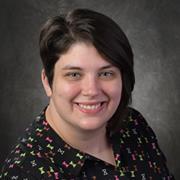 Madeline Brodt, Ph.D., [she, her, hers] (Member, Cohort 2021-2024) is an Assistant Professor at Oklahoma State University. She earned her PhD from University of Massachusetts Boston. Madeline describes herself as a radical (relational, epistemologically humble, Queer) human who uses her skill sets to create and support a world where we are all free. Her research is focused on three main areas: trauma and culture, disability, and transforming psychology training to be more socially just. She has clinical expertise in trauma, diverse populations, and group therapy. Her teaching and pedagogy interests include liberatory education, ethics, and multicultural counseling. Madeline Brodt, Ph.D., [she, her, hers] (Member, Cohort 2021-2024) is an Assistant Professor at Oklahoma State University. She earned her PhD from University of Massachusetts Boston. Madeline describes herself as a radical (relational, epistemologically humble, Queer) human who uses her skill sets to create and support a world where we are all free. Her research is focused on three main areas: trauma and culture, disability, and transforming psychology training to be more socially just. She has clinical expertise in trauma, diverse populations, and group therapy. Her teaching and pedagogy interests include liberatory education, ethics, and multicultural counseling.
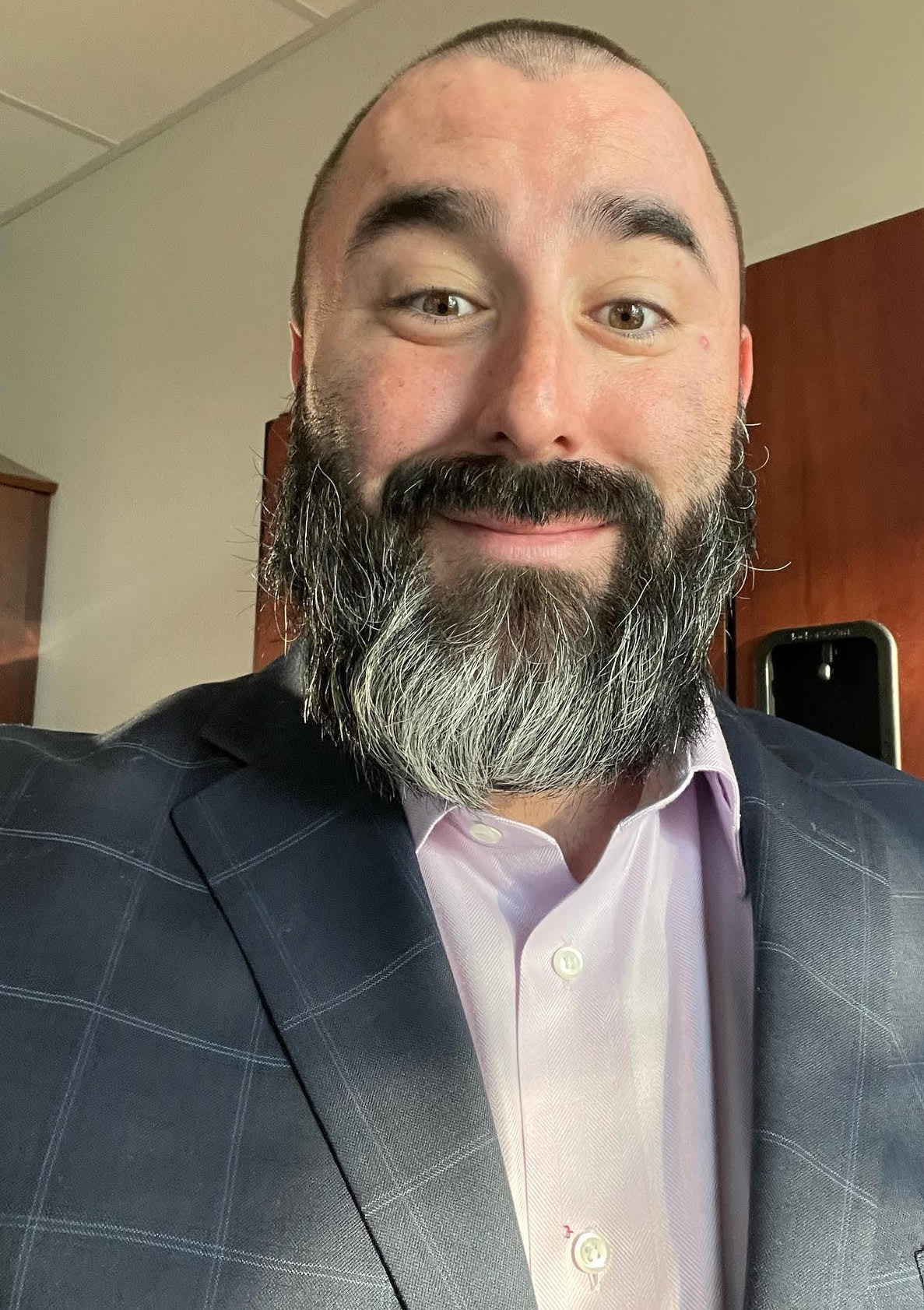 Ryan E. Flinn, Ph.D., [they, them, theirs] (Member, Cohort 2022-2025) is an Assistant Professor in the College of Education & Human Development at the University of North Dakota. Ryan earned their doctorate in counseling psychology with a minor in integrated behavioral healthcare from New Mexico State University in 2021. Ryan completed a predoctoral internship at The Ohio State University Counseling and Consultation Service. They served as the 2021-2023 HIV/LGBTQ Health Psychology Fellow at the Medical College of Georgia at Augusta University. Ryan is passionate about teaching, training, and supervision of psychologists to work effectively with populations experiencing marginalization and health disparities, particularly justice-involved persons. Ryan’s scholarship focuses broadly on prevention, health promotion, and well-being, and their work is currently funded through the HIV/AIDS Substance Abuse and Trauma Training Program at the University of California Los Angeles and the Criminal Justice Research Training Program at Brown University. Ryan E. Flinn, Ph.D., [they, them, theirs] (Member, Cohort 2022-2025) is an Assistant Professor in the College of Education & Human Development at the University of North Dakota. Ryan earned their doctorate in counseling psychology with a minor in integrated behavioral healthcare from New Mexico State University in 2021. Ryan completed a predoctoral internship at The Ohio State University Counseling and Consultation Service. They served as the 2021-2023 HIV/LGBTQ Health Psychology Fellow at the Medical College of Georgia at Augusta University. Ryan is passionate about teaching, training, and supervision of psychologists to work effectively with populations experiencing marginalization and health disparities, particularly justice-involved persons. Ryan’s scholarship focuses broadly on prevention, health promotion, and well-being, and their work is currently funded through the HIV/AIDS Substance Abuse and Trauma Training Program at the University of California Los Angeles and the Criminal Justice Research Training Program at Brown University.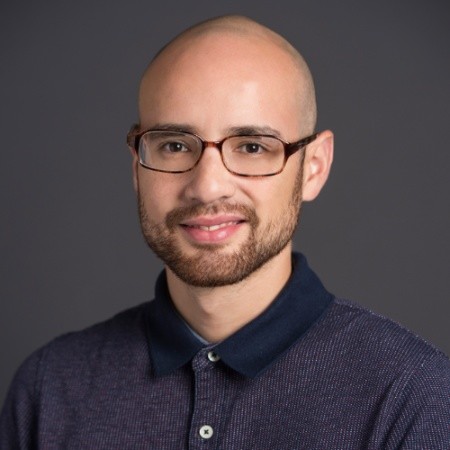 Jonathan Sepúlveda, Ph.D., [he, him, his] (Member, Cohort 2022-2025) graduated with his doctorate in Counseling Psychology from Boston College in 2021. He is currently an Associate Professor of Psychology at Felician University in their Counseling Psychology PsyD program. He completed his internship training at Jacobi Medical Center with 4-month rotations in the comprehensive addiction treatment center (CATC), bariatric surgery and oncology, and an adult inpatient unit. Additionally, he completed a year-long rotation in collaborative care at Jacobi Medical Center. His research interests are examining the relationship between ethnic racial identity development and purpose, mentorship, and other positive youth outcomes. As an ECP member, he looks forward to collaborating with colleagues, the ECP committee, and SCP leadership to enact actions and policy that will dismantle oppressive practices. His ultimate aim is to ensure that he advocates for ECPs’ goals and needs, and ensure that SCP’s actions align with their values. Jonathan Sepúlveda, Ph.D., [he, him, his] (Member, Cohort 2022-2025) graduated with his doctorate in Counseling Psychology from Boston College in 2021. He is currently an Associate Professor of Psychology at Felician University in their Counseling Psychology PsyD program. He completed his internship training at Jacobi Medical Center with 4-month rotations in the comprehensive addiction treatment center (CATC), bariatric surgery and oncology, and an adult inpatient unit. Additionally, he completed a year-long rotation in collaborative care at Jacobi Medical Center. His research interests are examining the relationship between ethnic racial identity development and purpose, mentorship, and other positive youth outcomes. As an ECP member, he looks forward to collaborating with colleagues, the ECP committee, and SCP leadership to enact actions and policy that will dismantle oppressive practices. His ultimate aim is to ensure that he advocates for ECPs’ goals and needs, and ensure that SCP’s actions align with their values. |


